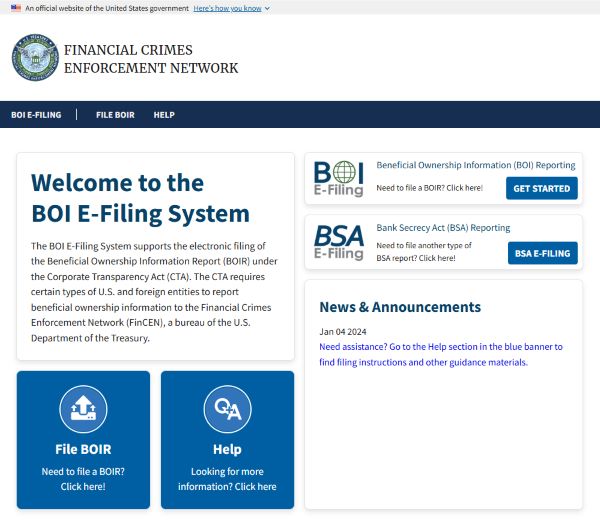Choosing between SEP IRA, Solo 401(k), and SIMPLE IRA depends on several factors related to your business structure, income, and retirement savings goals. Here’s a comparison to help you decide.
SEP IRA (Simplified Employee Pension)
- Best for: High-income earners who want to save a lot for retirement or businesses with few or no employees.
- Contributions: Only the employer can contribute, up to 25% of compensation or $66,000 for 2023 ($69,000 for 2024), whichever is less.
- Flexibility: Contributions are discretionary and can vary each year.
- Setup and Maintenance: Easy to set up with minimal paperwork and low administrative costs.
Solo 401(k)
- Best for: Self-employed individuals or small business owners with no employees other than a spouse.
- Contributions: Allows for employee deferrals up to $22,500 for 2023 (plus a $7,500 catch-up if 50 or older) and employer contributions, for a combined limit of $66,000 for 2023 ($69,000 for 2024).
- Flexibility: Can borrow against it and offers Roth option.
- Setup and Maintenance: More paperwork than SEP IRA but offers higher contribution limits.
SIMPLE IRA (Savings Incentive Match Plan for Employees)
- Best for: Small businesses with 100 or fewer employees that want a straightforward retirement plan.
- Contributions: Employees can contribute up to $15,500 for 2023 (plus a $3,500 catch-up if 50 or older). Employers must either match employee contributions up to 3% of compensation or contribute 2% of each employee’s compensation.
- Flexibility: Mandatory employer contributions.
- Setup and Maintenance: Simple to operate with no IRS reporting requirements for the employer.
Key Considerations
- Contribution Limits: If you want to save the most for retirement, SEP IRAs and Solo 401(k)s offer higher contribution limits than SIMPLE IRAs.
- Employer Responsibilities: SEP IRAs are more suitable if you prefer flexibility in employer contributions. SIMPLE IRAs require mandatory employer contributions.
- Loan Provisions: Solo 401(k)s allow loans, which are not available with SEP IRAs and SIMPLE IRAs.
- Administrative Costs: SEP IRAs generally have lower administrative costs compared to Solo 401(k)s.
Conventional Wisdom: For self-employed individuals, the Solo 401(k) is often recommended because it typically allows for higher potential tax savings compared to SEP IRAs.



